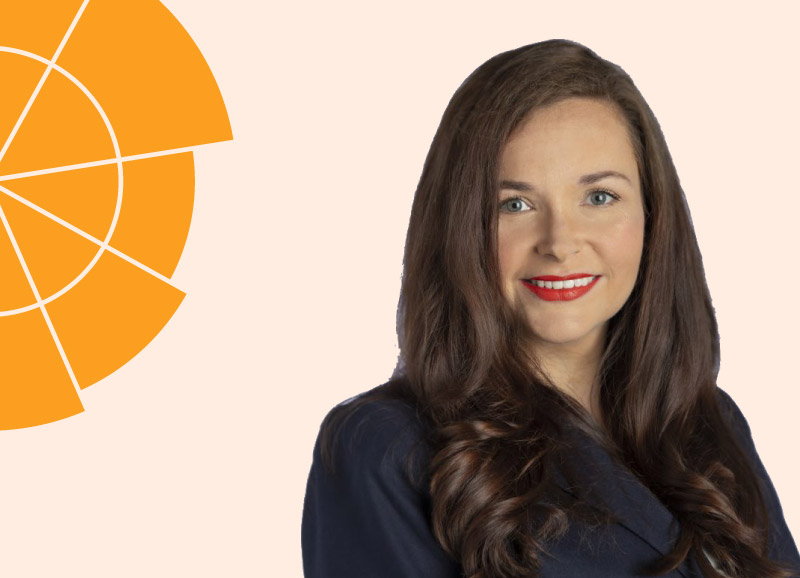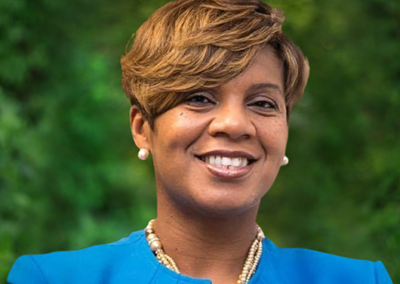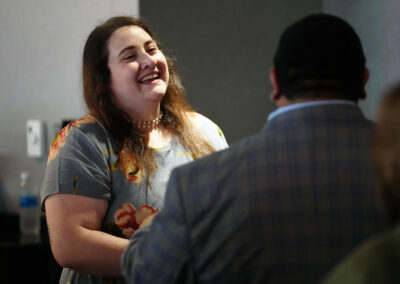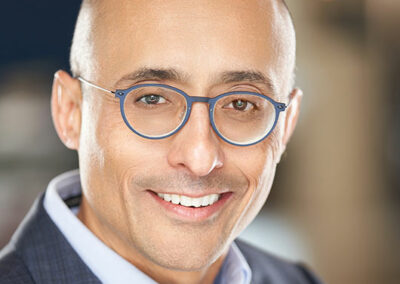
By Ruth Dickson Eddy
The Small Actions of Giving Back
In my childhood household, giving to the community was something that my parents modeled daily. My parents were both teachers – although my dad joined the profession as a second career, after working as an engineer and a farmer in the rural part of England that I grew up in. Through their respective roles, our house was a constant flurry of activity, as my parents were asked to serve in community roles for our small, farming village, or mentor new teachers coming to work in the region. My parents also dedicated huge amounts of time to family and, as we got older, to my siblings and our friends as we navigated the complexity of teenage hood, University preparedness, and career planning. Many of my friends had my parents help with essays, write personal recommendations, and advise on interview attire. It was just something that they did, and I didn’t pay much attention to it – that was just my Mum and Dad, carrying on their lives in the only way I had ever known it.
It was only when I reached adulthood that I realized the substantial gifts they were giving: many of the young people they advised did not have parents who understood post-secondary options, and some faced domestic and food insecurity. Therefore, the plate of lasagna that my mum served alongside her grammatical edits were less the actions of a hostess, and more the actions of an educator recognizing an unspoken need and providing help where she could. I remember my mother taking me to the supermarket to buy toothbrushes, toothpaste, and soap to ship to a relief effort support Bosnian refugees in the early 90s, before I even knew where Bosnia was, let alone any details around the horrific conditions facing families fleeing political unrest. It seemed that my parents always lent help where it was needed, and with a sense of urgency and private dedication.
It was with this model in mind that my siblings and I set about our own adulthoods, figuring out the ways that we could give. My twin sister, affectionately agreed upon as “The Good Twin”, approached activism as an extension of art: she performed protests, participated in marches, and constructed eye-catching banners, outfits, and placards that caught the attention of news crews. She lived in Ghana for a year, building schools and teaching. Now in her thirties, she runs a community garden and builds sets for a local theatre alongside working as a classroom teacher.
For my sister, her talents lent themselves readily to giving back, and she applied her skills generously. For me, the journey was harder: I wasn’t wealthy enough to make significant donations, I wasn’t skilled or strong enough to build, paint, remove or renovate anything, and I felt I had very little to give. But, I discovered, I could make a concerted effort to be kind. Similar to my parents, I took every opportunity that I could to extend kindness and help in small ways: I invited people into my home for the holidays who would have no other place to go, I raked leaves in my neighbors yards, gave coworkers rides home, and helped people with cover letters for job applications, essays, and other written communications. These “small helps” were an homage to the way my own parents had operated, and as an adult I started to build a greater understanding of how small actions can make a difference to others.
Over time, I have endeavored to provide help, support, and mentorship wherever I can. This year, I have offered support and guidance to friends that have started their own non-profit organizations and equity campaigns, taking small actions including proofreading, providing feedback, advising on social media strategy, and helping hone brand parameters and communications strategies. I take a huge amount of pride seeing my friends and coworkers achieve success in these roles, I am honored to be able to contribute small actions at every opportunity to help them. I encourage everyone to learn more about the Kansas City Horn Club, a local non profit organization that provides free performance and educational programs within the fine arts community, and The Future Is Black, a campaign seeking to unite and empower Black creatives in Kansas City.



